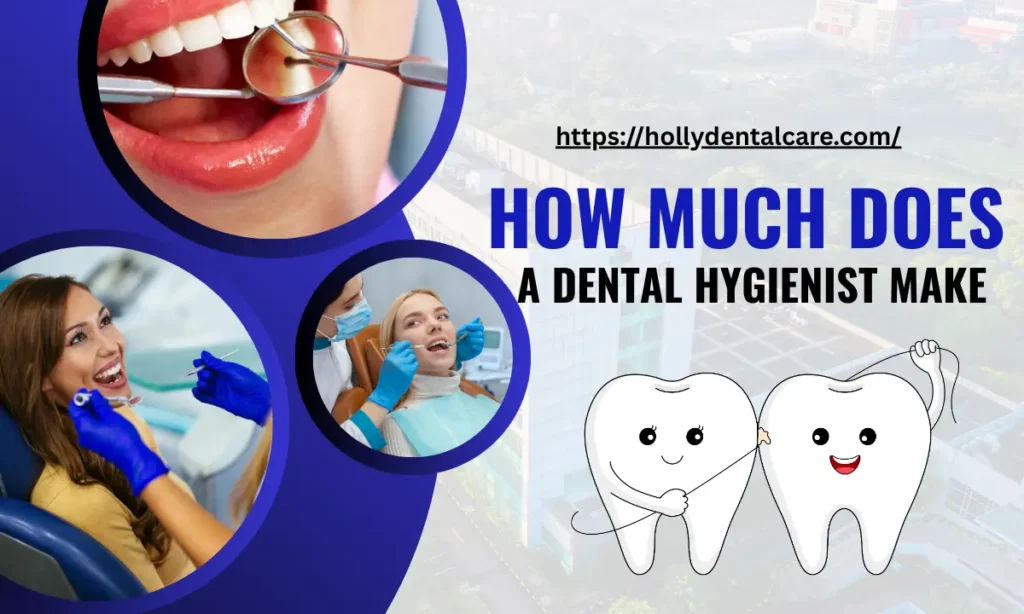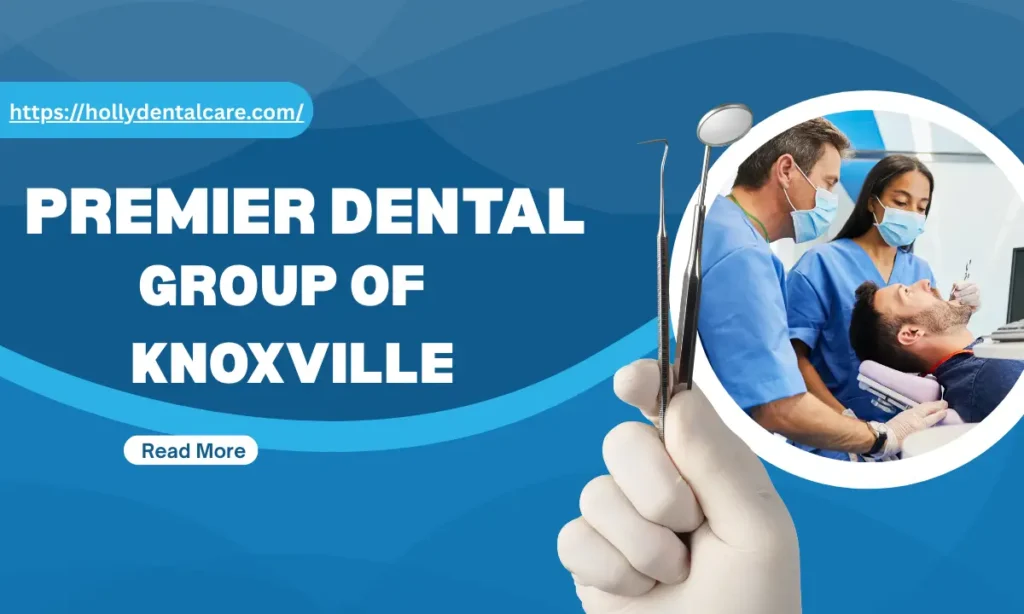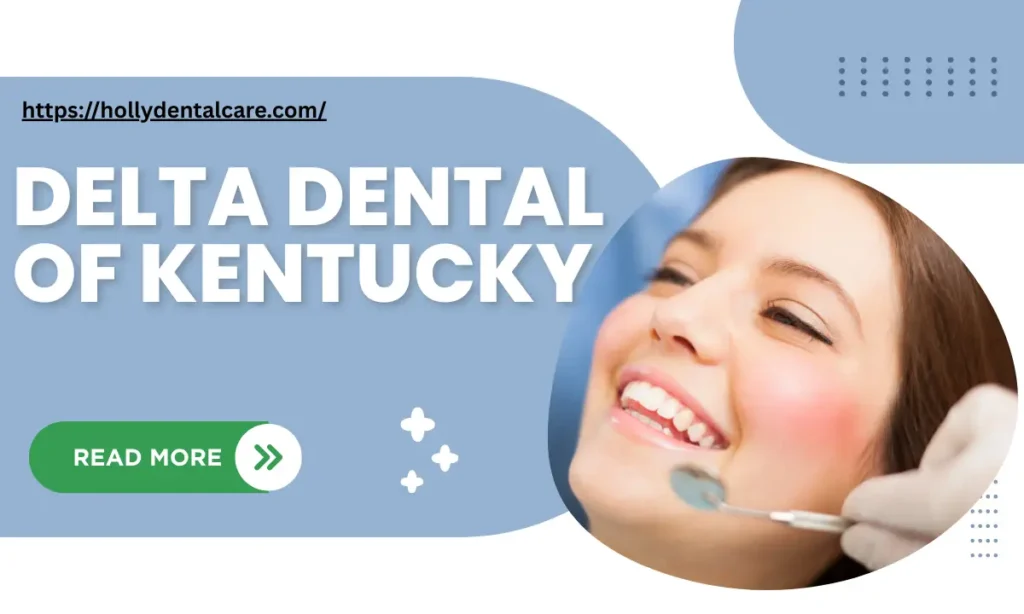Diverse groups of Dental hygienists and dentists unite with each other for strong medical collaboration. So, they can help patients optimize their cavity health. Moreover, they are also the ones you encounter for regular cleanings. Herein, they are essential for maintaining the health of your teeth and gums. Along with cleanings, they also offer preventive care, monitor for initial signs of dental problems. Also, assist dentists in identifying and handling issues impacting the mouth, teeth, and gums.
Factors Affecting Dental Hygienist Salaries
Geographic Location
Here, states with a higher cost of living or increased demand. Especially for healthcare professionals. As it typically offers more competitive wages to attract and retain talent.
Work Setting and Experiences
While the majority of dental hygienists are reportedly employed in private dental offices. But there are also opportunities in public health clinics. Also, in schools, correctional facilities, and government agencies. In addition, those working in specialty dental practices or corporate dental chains may encounter different salary structures. Along with benefits and work environments. As compared to the traditional private practice settings.
Hours Worked
Many dental hygienists reportedly work part-time. Those working full-time or taking on extended hours may earn significantly more, especially if they are paid hourly.
Unionization and Negotiation
Further, it enhances benefits and improves job protections. As compared to their non-union counterparts. As a result, these agreements can provide stronger negotiating power. Especially for compensation and working conditions.
Benefits for Dental Hygienists
- Health insurance and dental coverage
- Retirement plans (401(k) or pensions)
- Paid time off and sick leave
- Continuing education support
- Professional liability insurance
- Flexible scheduling (ideal for work-life balance)
Dental Hygienist Duties
- Cleaning teeth with dental tools
- Removing plaque, tartar, and stains
- Sterilizing and organizing instruments
- Reviewing the patient’s medical history
- Taking and processing dental X-rays
- Checking for oral cancer signs
- Examining gums for gum disease
Top-Paying States for Dental Hygienists
| State | Annual Salary |
| California | $108,200 |
| Washington | $101,500 |
| Oregon | $98,600 |
| Alaska | $97,250 |
| New Jersey | $96,150 |
In states like California and Washington, higher salaries reflect not only demand but also higher living costs.
Dental Hygienist Salary by Work Setting
| Industry/Workplace | Annual Salary |
| Offices of dentists | $81,800 |
| Outpatient care centers | $92,000 |
| Federal executive branch | $90,500 |
| Physician offices | $78,000 |
| Educational services | $72,000 |
Although most dental hygienists work in private dental practices. Especially those employed by the federal government or outpatient care centers may earn significantly more.
Job Outlook and Career Advancement
- Dental hygiene education
- Public health administration
- Dental office management
- Specialized roles like periodontics or pediatric dental hygiene
- Sales or consultancy in dental products and equipment
Real-Life Considerations: Lifestyle and Income Stability
Part-Time vs. Full-Time Employment
Many dental hygienists prefer part-time roles. Due to flexible scheduling or family commitments. However, this can reduce overall income.
Seasonal Patient Flow
Moreover, in smaller towns or low-population areas. Patient appointments may drop during holidays or off-seasons, affecting income.
Job Saturation
Herein, urban areas may have more hygienists than demand. Further, it possibly makes job competition more intense. While rural areas may offer higher pay due to staff shortages.
Despite these nuances, most dental hygienists report strong job satisfaction and career longevity. Especially when supported by a positive work environment.
Pros and Cons of Dental Hygienist
Pros
- Competitive salary with relatively short education requirements
- High job satisfaction due to patient interaction
- Strong job demand and employment security
Cons
- Physically demanding (long hours of standing, repetitive motion)
- Limited upward mobility without further education
- Exposure to infectious diseases (requires safety protocols)
- Inconsistent income if employed part-time or per diem
Tips to Maximize Your Earning Potential as a Dental Hygienist
- Here, work consistently and build a strong clinical record.
- Also, consider certifications in anesthesia, periodontal therapy, or public health.
- In some states, dental hygienists can independently work or run mobile clinics.
- Furthermore, some hygienists work in more than one practice to increase income.
Conclusion
The dental hygiene profession reportedly provides a strong and respectable income. Especially considering its relatively low barrier. So, it can be compared to many other healthcare careers. Herein, dental hygiene offers a financially rewarding and personally meaningful path. Especially for those passionate about oral health and patient care.
Also read:- Safco Dental: Pioneering Excellence in Dental Supplies



